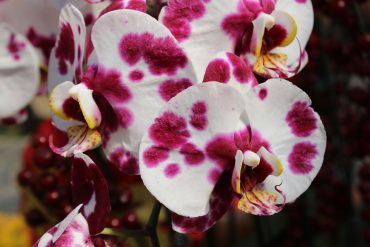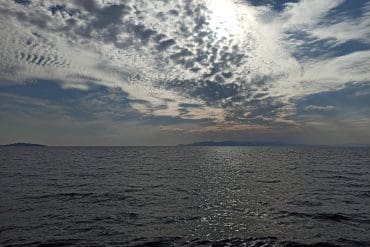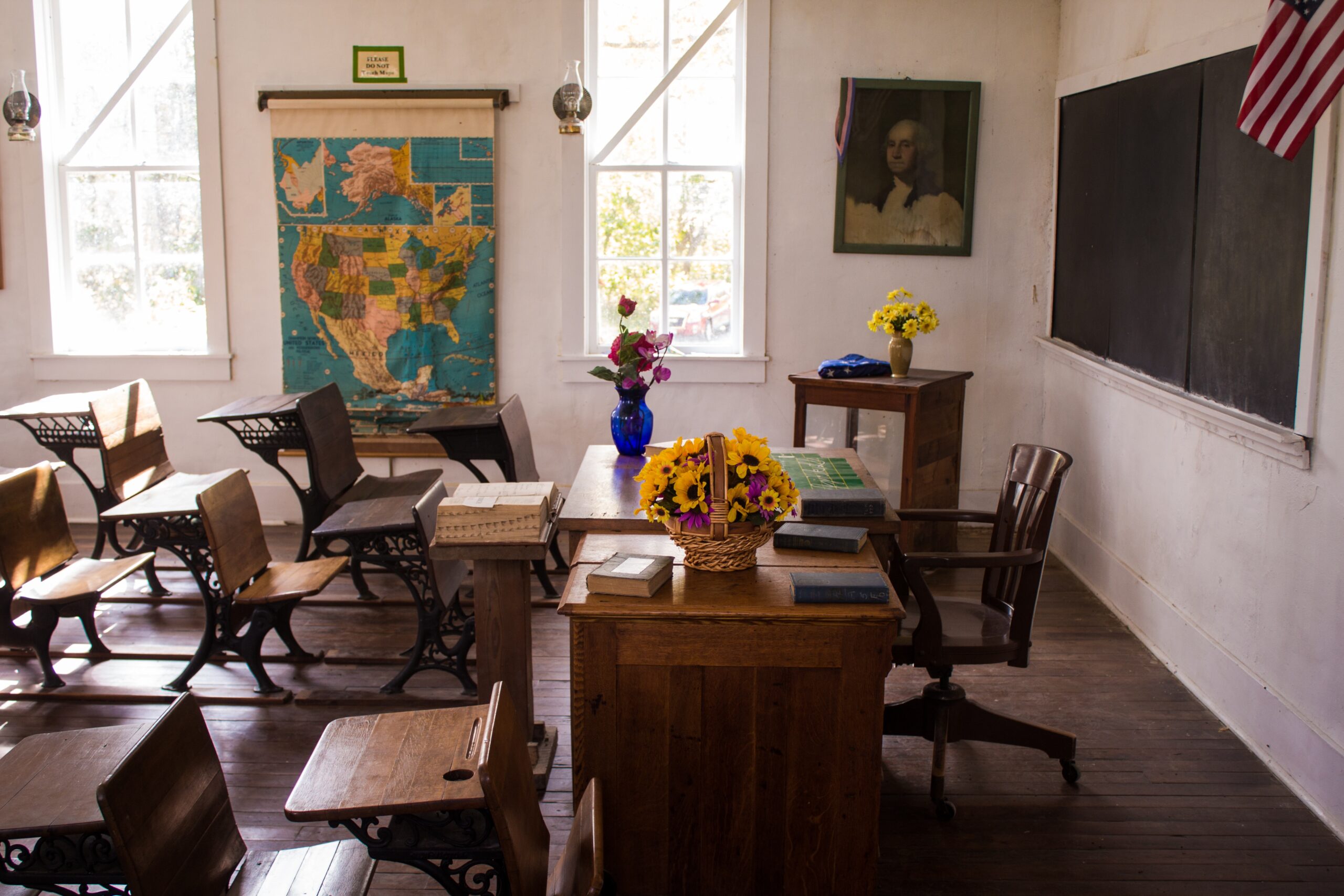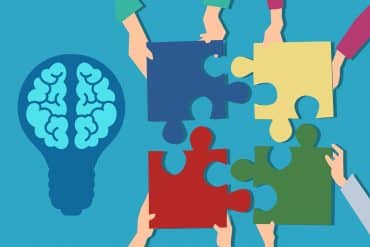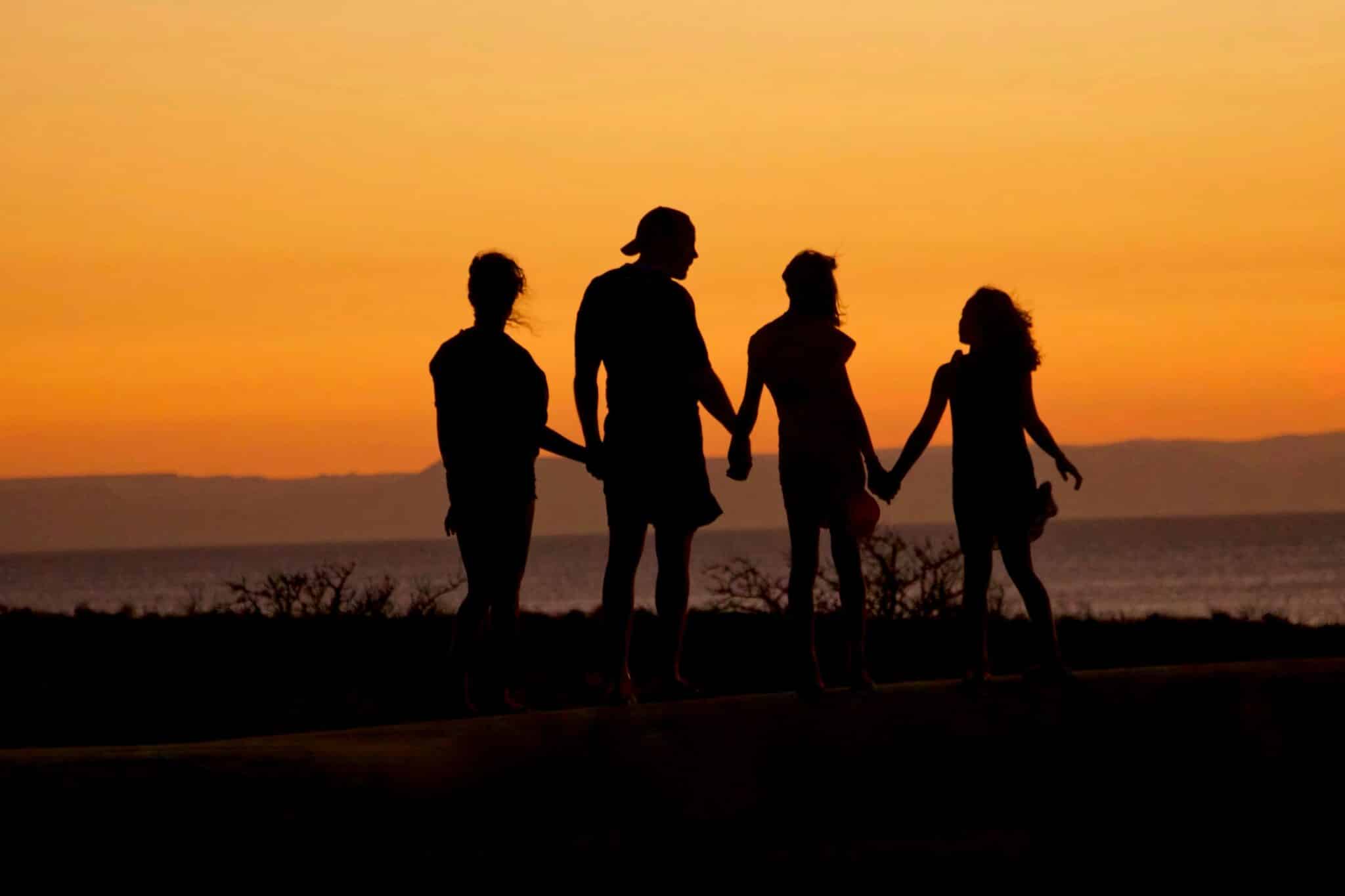Really, There Are No Helpers in The Foster System
Author’s Memo
This is a piece I wrote in desperation after being confronted with the failures of the foster system in the United States today. The U.S. Department of Health and Human Services reports that in 2020 there were over 400,000 children in foster care. Less than half of them got reunified with their parents that year.
I had always heard that the foster care system was broken. Even the agency that licensed us admitted this fact. Yet I believed for a while that if I just read enough reports and followed the right rules, that I would end up on the right side of this bureaucratic chutes-and-ladder game. I don’t know what the solution is and I don’t mean to disbar hope for those who enter into being caregivers. I do know that even though the system is broken the children that I care for needed me and I was there.
“The U.S. Department of Health and Human Services reports that in 2020 there were over 400,000 children in foster care. Less than half of them got reunified with their parents that year.
Whenever I tell people that I’m a foster parent, they usually tell me I’m a hero, an angel, or a blessing. Encouragement abounds. There are joys too, like seeing a baby learn to laugh or taking a toddler to the swimming pool for the first time. These are the types of things that you see on foster recruitment websites. I don’t want to minimize them, but I want people to understand that there is pain and hopelessness too. I want people to see that, and to charge into the water so that when I’m drowning, I can take a break and breath and know that someone else will help the next child swim. When I quit, there will still exist children who needed me, I just won’t be there. I need you to be there.
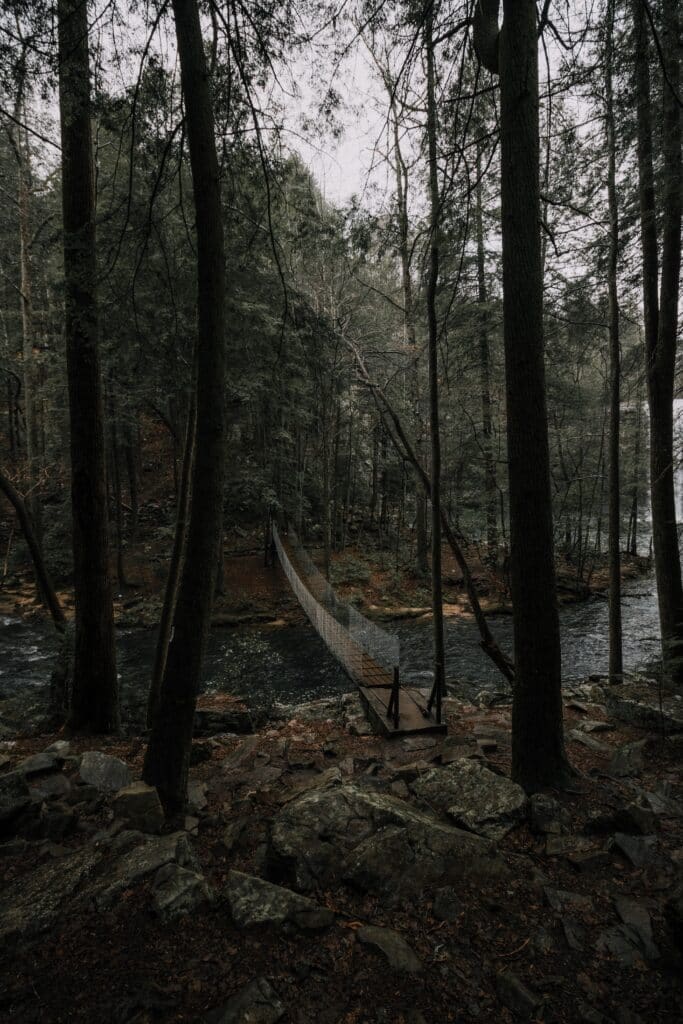
Really, There Are No Helpers in The Foster System
“Miss Meg, I do need help.”
The raw, sobbed sentence haunted me in everything I did for the next week. It rolled around in an empty mind that refused to entertain anything else.
Last Wednesday night the mother of my foster daughter called me. She’s only supposed to text and I’m not supposed to answer. But her last message gave me a sour feeling in my stomach so when she called, I picked up after the first ring.
“Where are you? Do you need help? I can call someone for you! I can get you help!”
Looking back now, those were lies–even though, at the time, I had an unshakable faith that something could be done, that someone could be called, and that somewhere this woman could be found and helped. In reality, there are no helpers. If you fall behind the group we let you drown and blame your choices for your death even while you’re still gasping, head just above the waves. We don’t even watch you sink–well, some of us do but that’s all we can do. There are no helpers.
When she called me she said those words that as a mandatory reporter I can’t keep to myself. Despite knowing that repeating them could stop her from seeing her daughter, I had to share them with more than one authoritarian. In the moment I still really thought that if I asked enough times, one of them would connect me to the right people to help her. Their concern was her daughter, which was fair, it was their job–but she was sleeping in my house, warm, fed, and safe. Her mother wasn’t.
“If you fall behind the group we let you drown and blame your choices for your death even while you’re still gasping, head just above the waves.
I was told that I wasn’t allowed to do anything. I couldn’t go out to look for her, I couldn’t help her check into an ER, and there was no one I could send–at least no one I talked to believed that she was their problem. Do you know how awful it is to be calling nonstop to find help and each person you call just tells you that it falls under the jurisdiction of someone else–that those next people will help…but in reality, there are no helpers. I’m not a helper.
I didn’t call her back. I’m not supposed to. She sent a last audio clip along with the texted words “don’t let my daughter forget me.”
I called the suicide hotline once a few years ago. I sat on hold for three hours. I hung up before anyone got to me. I’m still here, but I need people to know that I did what I was told to do. I “asked for help,” and there were no helpers. I survived only because I had a partner who cut his life vest in half to keep us both from drowning.
“I called the suicide hotline once a few years ago.
I’ve clawed my way into good mental health. I climbed mountains of therapist waiting lists and exercised as if my life depended on it because it did. I paid for apps and journals and yoga classes. I survived partially because I have enough privilege to have enough money to do so.
The boats of beautiful mission statements and values bullet points don’t carry everyone. In fact, the majority of people are like me–are like her. The water is dark and cold and dirty and we tread it until we can’t anymore. It doesn’t bother anybody on the boats because you can’t see the bodies under the turbid, polluted waves. In reality, there are no helpers.
Credits
Image by Will Swann for Unsplash
Featured Image by Mike Scheid for Unsplash
Learn More
New to autoethnography? Visit What Is Autoethnography? How Can I Learn More? to learn about autoethnographic writing and expressive arts. Interested in contributing? Then, view our editorial board’s What Do Editors Look for When Reviewing Evocative Autoethnographic Work?. Accordingly, check out our Submissions page. View Our Team in order to learn about our editorial board. Please see our Work with Us page to learn about volunteering at The AutoEthnographer. Visit Scholarships to learn about our annual student scholarship competition.
Megan Hagseth is a freelance archaeological illustrator and foster mom. She got her PhD in Anthropology and pursues research that focuses on themes of identity and agency. She lives in the South with husband, daughter, and foster children.


